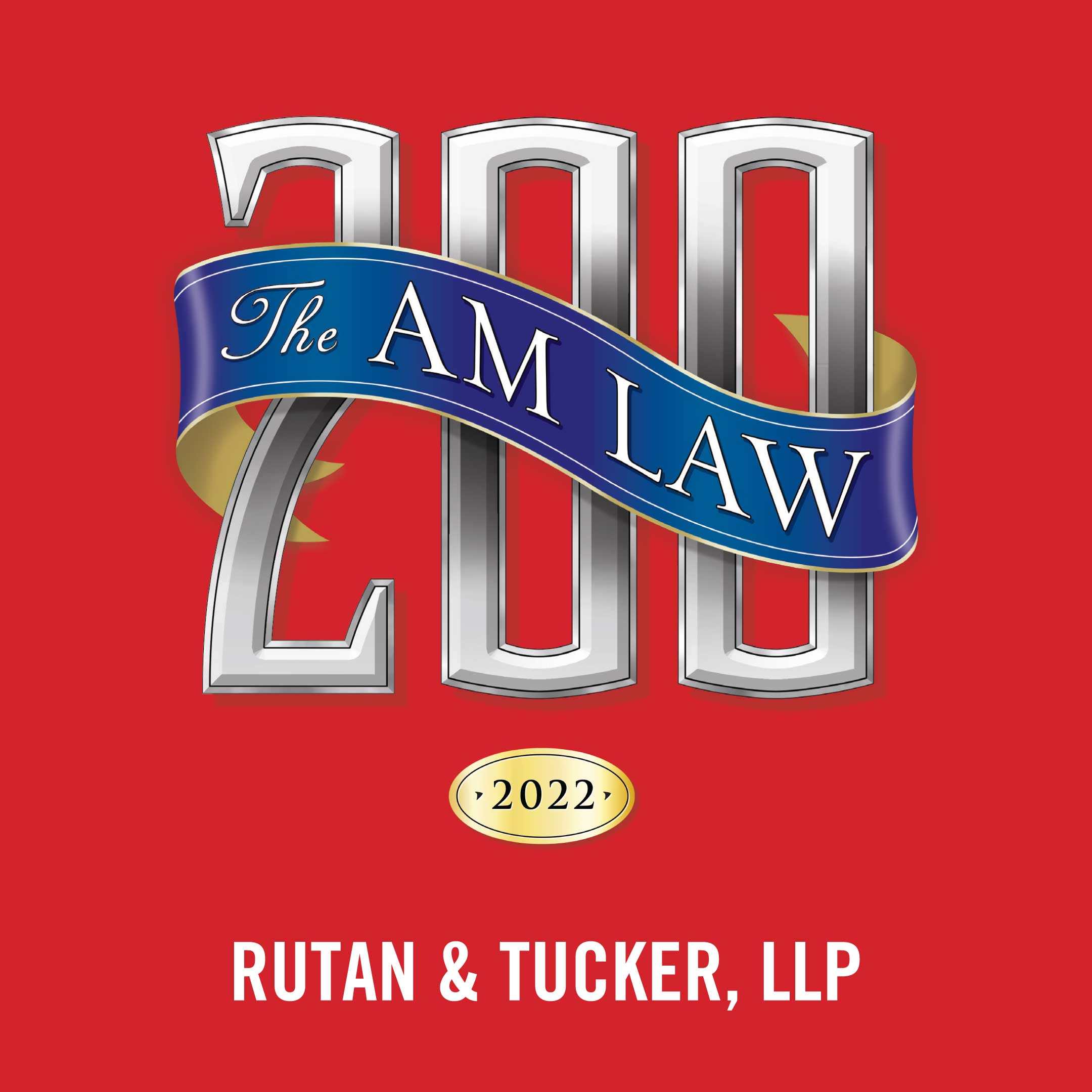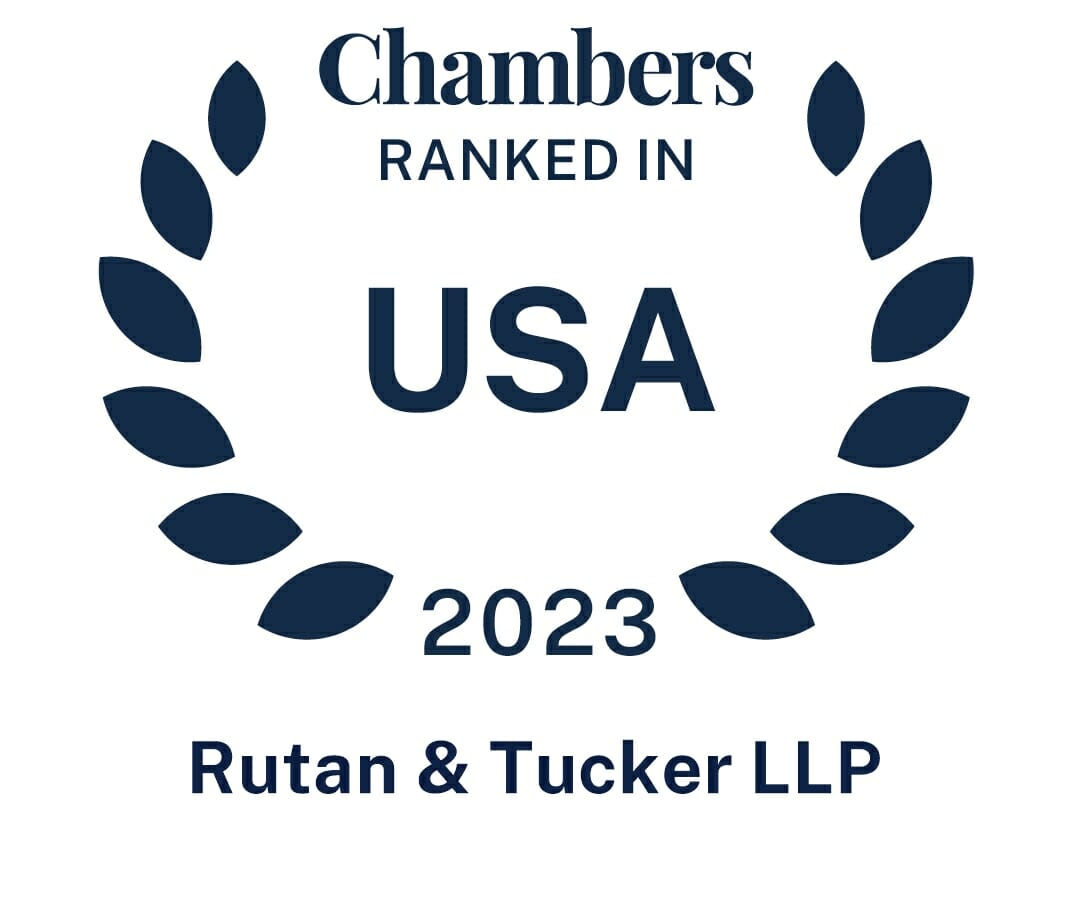In September 2022, Governor Gavin Newsom signed Senate Bill (“SB”) 1439 (the “Bill”) into law. The Bill amends the Political Reform Act (the “Act”), by removing the exception for local elected officers from contribution limits requiring disqualification on development project decisions. Although not new law, with local elections coming up this year in November 2024, it is vitally important to provide notice to all individuals (including employees, agents, contractors, and other consultants) working on a development project to refrain from giving (or alternatively, disclose) any contribution to a current local government officer or candidate for local office in the jurisdiction where a development project is located, including for any campaign or committee. Absent this instruction, contributions, including in the aggregate, may result in the disqualification of a councilmember or supervisor from voting for a proposed project.
Changes in Contribution Limits to Local Government Agency Officers
Prior to the passage of SB 1439 in September 2022, existing law exempted local elected officers from the contribution limit requirements within Government (“Gov.”) Code § 84308. However, pursuant to SB 1439, which became effective January 1, 2023, local elected officials are no longer exempt.
Specifically, Section 84308 prohibits a party, participant, or a party or participant’s agent from making a contribution of more than $250 in the aggregate (discussed below) to an officer of an agency during the 12 months preceding and following the date of the government agency’s final decision. This section also prohibits a government officer from accepting, soliciting, or directing a contribution of more than $250 from any party, participant, or a party or participant’s agent, while a proceeding involving a license, permit, or other entitlement for use is pending before the agency, and for 12 months (previously 3 months) following the date of final decision, if the officer knows or has reason to know that the participant has a financial interest.
Critically, a local officer is disqualified from participating in a decision when, prior to making the decision, the officer willfully or knowingly received a contribution of more than $250 within the preceding 12 months from a party, participant, or a party or participant’s agent, if the officer knew or has reason to know that the participant has a financial interest in the decision. Therefore, if one (or a collection) of your employees, agents, or consultants makes a contribution(s), totaling over $250 in the aggregate, to a local official who is in favor of a project, that official will likely be disqualified from participating in the decision on the project.
However, it is important to note that there is an opportunity to cure the disqualification under Gov. Code § 84308(d). If an officer receives a contribution that would otherwise require disqualification, they may return the contribution within 30 days from the time the officer knew, or should have known, about the contribution and the proceeding involving a license, permit, or other entitlement for use. If the contribution(s) is returned within this 30-day timeframe, the officer shall be permitted to participate in the proceeding.
Aggregation
In determining whether a contribution of more than $250 has been made by a party or participant during a 12-month period, the following must be aggregated:
- All contributions made by a party or participant;
- All contributions made by an agent of the party or participant during the shorter of: (i) the previous 12-month period, or (2) the period beginning on the date the party or participant first hired the agent as a paid employee, contractor, or consultant;
- All contributions made by an individual or entity required to be aggregated under Gov. Code section 82015.5.
Gov. Code section 82015.5 requires aggregation of an entity’s contributions with the contributions of the individual who directs or controls the entity’s contributions and any other entity whose contributions that individual directs or controls. Additionally, if two or more entities make contributions that are directed or controlled by a majority of the same persons, those contributions must also be aggregated. Lastly, contributions made by entities that are majority owned by a person must be aggregated with the contributions of the majority owner and all other entities majority owned by that person, unless those entities act independently in their contribution-making decisions.
* * *
Should you have any questions regarding these changes to the Political Reform Act, please contact Erik C. Leggio.
This e-Alert is published periodically by Rutan & Tucker, LLP and should not be construed as legal advice or legal opinion on any specific facts or circumstances. The contents are intended for general informational purposes only.



